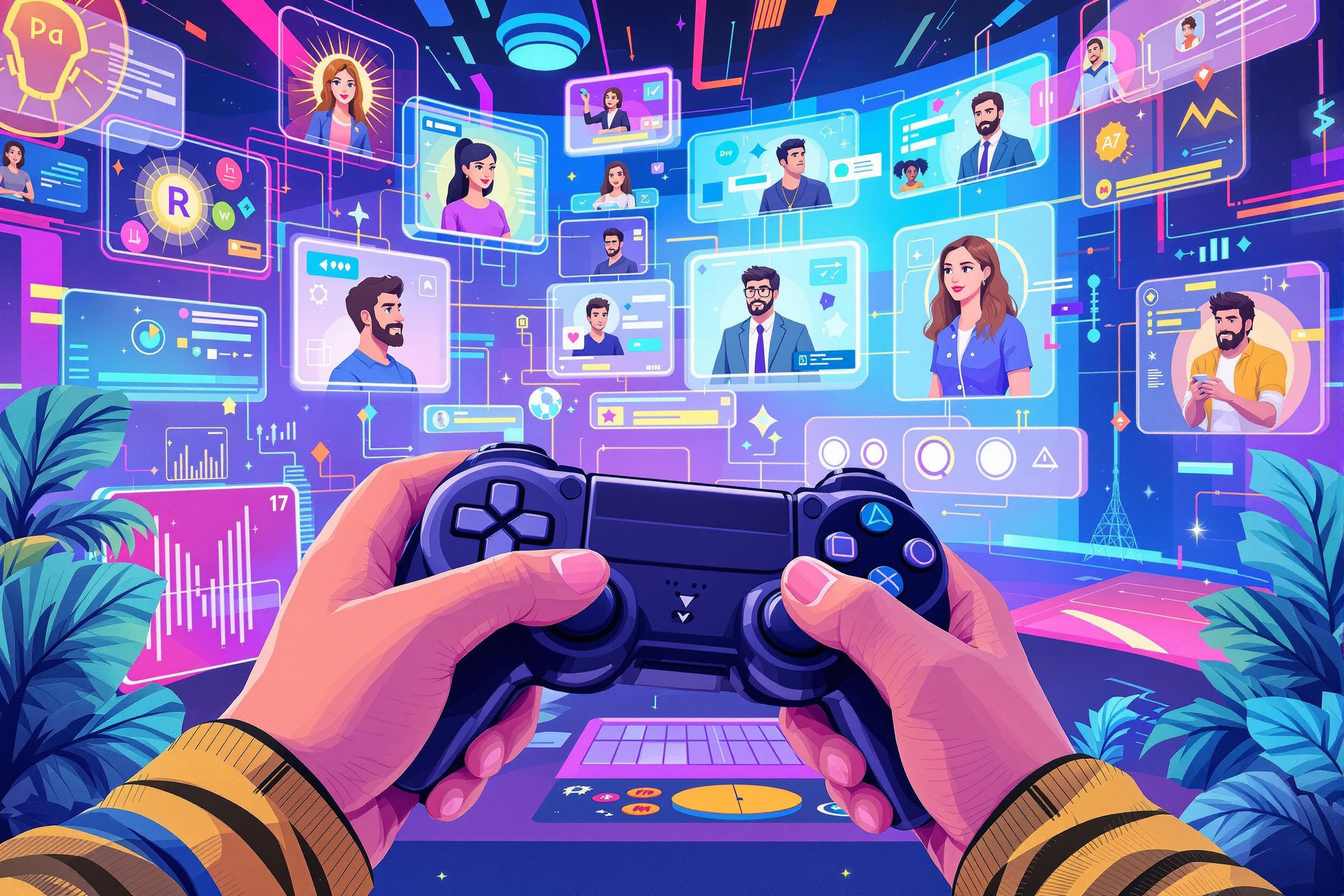
Player Development
Player Development is a specialized area in professional sports that focuses on improving athletes' skills, performance, and overall potential. It's like a combination of teaching, coaching, and career planning that helps players grow from rookie status to seasoned professionals. People in this field work with athletes to enhance their physical abilities, game understanding, and professional conduct both on and off the field. This role is similar to talent development or professional training in other industries, but specifically focused on athletes. You might also hear it called "talent development," "athletic development," or "sports performance enhancement."
Examples in Resumes
Created comprehensive Player Development programs for minor league baseball teams
Led Player Development initiatives resulting in 5 athletes advancing to major leagues
Implemented new Player Development strategies focusing on both athletic and mental performance
Typical job title: "Player Development Coaches"
Also try searching for:
Where to Find Player Development Coaches
Professional Organizations
Job Boards
Industry Networks
Example Interview Questions
Senior Level Questions
Q: How do you build and implement a comprehensive player development program for an entire organization?
Expected Answer: The answer should cover creating development plans across different skill levels, coordinating with multiple departments (strength training, nutrition, skills coaching), measuring progress, and managing a development staff team.
Q: How do you handle the development of struggling high-potential players?
Expected Answer: Look for answers that discuss personalized intervention strategies, mental health considerations, working with other specialists, and creating supportive but challenging environments for player growth.
Mid Level Questions
Q: What methods do you use to track player progress and development?
Expected Answer: Should mention both physical metrics (speed, strength, skill-specific stats) and mental/professional development tracking, including use of video analysis and performance data.
Q: How do you balance individual player development needs with team goals?
Expected Answer: Should discuss creating personalized development plans while maintaining team harmony, scheduling individual work around team practices, and communication with head coaches.
Junior Level Questions
Q: What are the key components of a player development session?
Expected Answer: Should be able to describe basic structure including warm-up, skill work, conditioning, and cool-down, plus importance of player feedback and progress tracking.
Q: How do you establish rapport with new players?
Expected Answer: Should discuss communication skills, understanding player backgrounds, setting clear expectations, and building trust through consistent support and guidance.
Experience Level Indicators
Junior (0-2 years)
- Basic coaching and training techniques
- Understanding of sport-specific rules and strategies
- Basic fitness and conditioning knowledge
- Communication with players and staff
Mid (2-5 years)
- Advanced training program design
- Performance analysis and evaluation
- Injury prevention knowledge
- Mental performance coaching
Senior (5+ years)
- Program development and management
- Staff leadership and coordination
- Long-term athlete development planning
- Organization-wide development strategy
Red Flags to Watch For
- No hands-on coaching or training experience
- Lack of sport-specific knowledge
- Poor communication or interpersonal skills
- No understanding of modern training methods
- No experience with performance analysis tools
Need more hiring wisdom? Check these out...

From Passive to Active: Nurturing Candidates Over the Long Haul

Unlocking Team Potential: Personality Mapping for Dynamic Management

Beyond the Resume: Cultivating a "Hire for Potential" Mindset in Management

